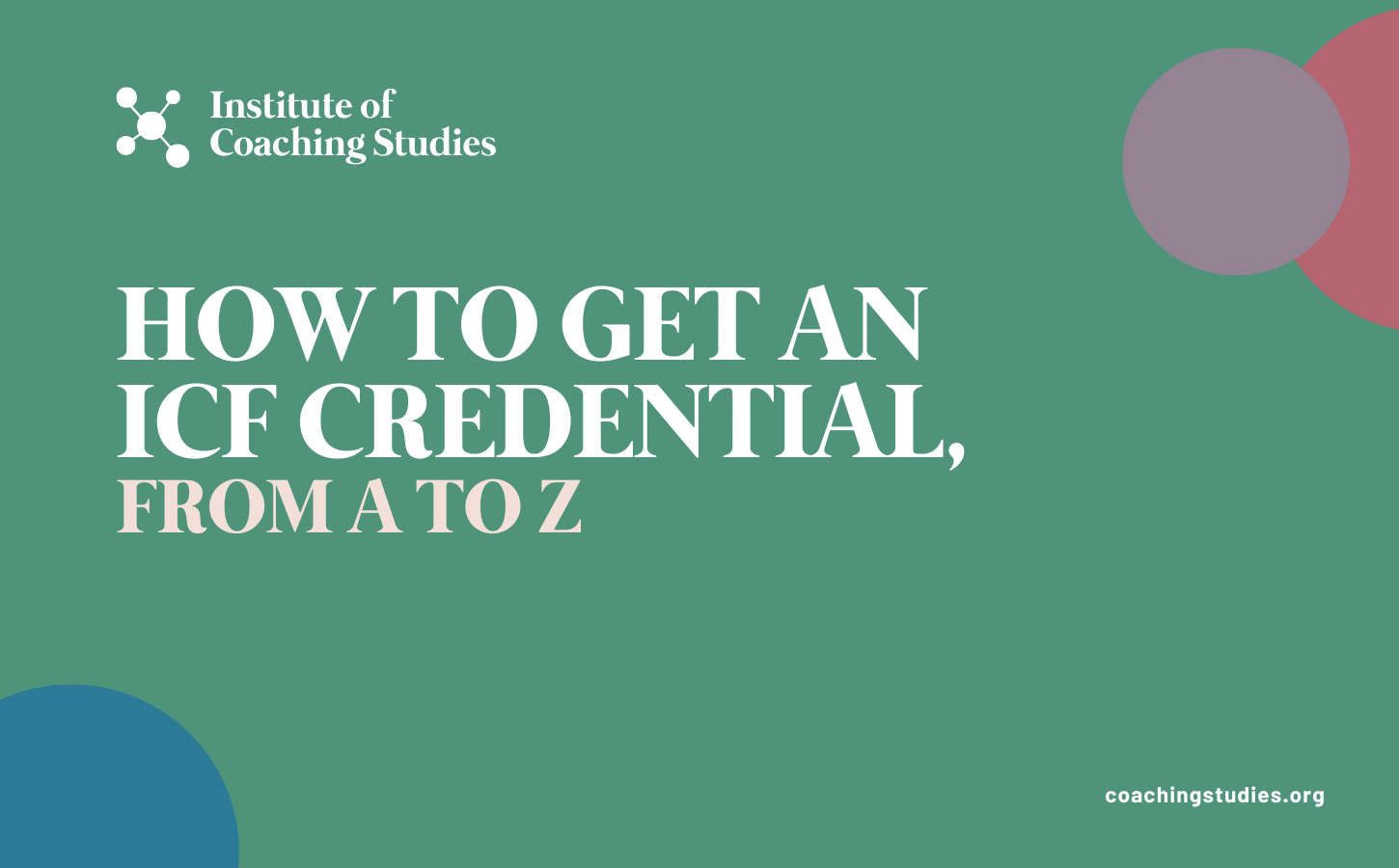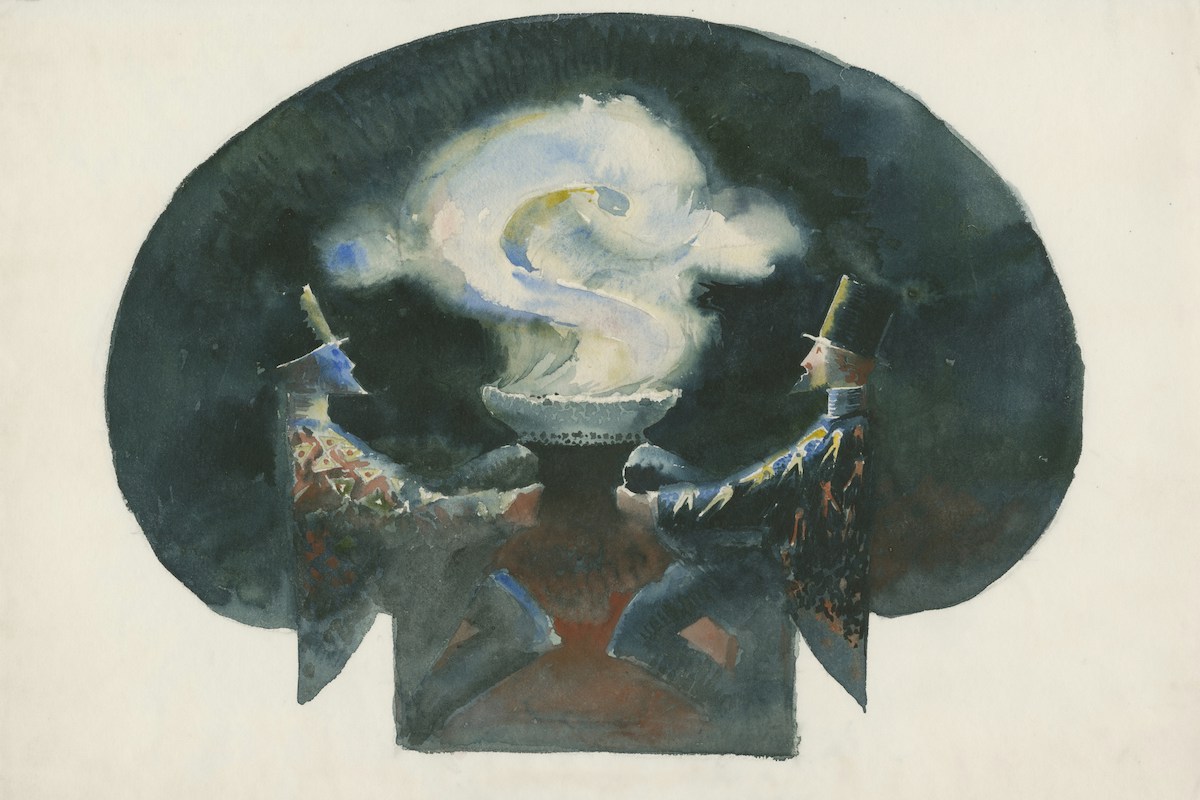If you’re a coach seeking to turn potential clients into paying ones, you likely understand the significance of the crucial first step that is the chemistry call, also discovery call. Its purpose? To explore compatibility, contract around coaching, and discuss the client’s needs to see if you could be a good support for them. It’s also a chance for clients to gauge whether they have found a trustworthy coach with whom they feel comfortable working with.
The chemistry call isn’t a checklist of items to tick (that’s one of the errors we actually list below); it’s the beginning of the coaching relationship with your clients. In this article we will discuss common mistakes coaches often make during these calls, and what they can do about them.
1. They do not prepare adequately
Some coaches underestimate the importance of thorough preparation for chemistry calls. These calls serve as the first impression you make on potential clients, and without a proper preparation, you take the risk of missing a chance to convey why you would be a great coach for this client.
In this article, we provide some guidelines on how to conduct successful chemistry calls. One of the steps we recommend to do is to ask the client to fill in an intake form so you can review the client’s background and any information they’ve provided ahead of the call. Having an understanding of their needs and goals from the beginning will demonstrate your professionalism and your commitment.
2. They lack confidence
We could write article after article on this topic (one day we will). Confidence is key for coaches, and demonstrating a certain level of it during chemistry calls is of the utmost importance. Clients want to work with coaches who know what they are talking about, who are competent and who don’t doubt themselves.
Because when you doubt yourself or your abilities, your presence is not as good as it should be. You won’t listen to your clients the way you could, your questions and observations won’t be impactful, and your overall approach may be inconsistent. Clients will sense it, and it will impact their trust and willingness to continue working with you.
Remember all the work you’ve put into becoming a coach, and if you are still not feeling like you can coach at the level you want, work with a mentor to bring you there.
3. They see it as sales call
Chemistry calls are not sales calls. That’s it.
The outcome of the call may be a sale, but its purpose should not be around whether this client is going to sign with you or not.
Chemistry calls are an opportunity for the coach and the potential client to meet and find out whether they can (and want to) work together or not. When coaches approach these calls with a sales-oriented mindset, they risk coming across as pushy or inauthentic. Instead, focus on building a genuine connection and assessing whether you and the client are a good fit for each other.
4. ThEIR CHEMISTRY CALLS only LAST 15 TO 20 minutes
15 or 20 minutes are not enough to cover all that there is to cover in chemistry call.
Keep chemistry calls because they are free and you don’t want to spend too much time doing them is a mistake if you’re looking to get new clients. Clients need time to open up, talk about their topic and their motivation, and get to know you, as well as understand what coaching is and whether this is right for them. Limiting calls to just 15-20 minutes may leave potential clients feeling unheard and rushed.
We recommend 45 minutes to an hour so you have the time to coach them as well. If you’re afraid of giving so much time for free in your calendar, you should focus on whether you sign more clients this way or not. Would you rather do 5 average chemistry calls of 15 minutes that do not lead to a paying clients, or one 45-minute call that makes a client want to have more of your coaching? We know which option we choose.
5. They talk more than theIR potential client
If you are making mistakes #3 and/or #4, you are very likely doing this one as well. You talk too much.
Your potential client is the one in need of a service and therefore they need to be heard. They need a chance to share with you what they hope to get with coaching. By listening more than talking, you will show the client that you value what they say. You demonstrate an important skill of coaching: empathetic listening.
If you find yourself talking more than the potential client during a chemistry call, change strategy. Reframe the way you see these calls, and switch to a mindset where you are being curious about your potential client. Ask open-ended questions. Repeat, rephrase. This is their time to share, and your role is to listen and respond. Be a coach.
6. They don't coach
Some coaches make the mistake of using chemistry calls as a way to gather information about the clients and their needs. These calls are first and foremost an opportunity to demonstrate your coaching skills. and for the client to experience coaching. It is a way for them to try it before committing to it.
Show them the full extent of your coaching abilities for at least 20 minutes – more if possible. Facilitate a session where you are helping your client get clarity and feel empowered. Give them a taste of what working with you would be like.
7. They see the call as a checklist
Some coaches have prepared their chemistry calls so well that they go through their agenda without checking in with the client. They tick everything on their list:
✔️ Introduce themselves (training, experience, credentials)
✔️ Introduce coaching and its benefits
✔️ Talk about coaching approach
✔️ Share testimonials/success stories
✔️ Discuss fee structure
✔️ Ask if client has questions
✔️ Close deal
Having an idea of how you want the call to be structured is an important part of the preparation. However, it should be flexible enough for the call to be centered around the client.
Each call should be unique, tailored to the potential client’s needs and concerns. Avoid a one-size-fits-all approach. Instead, make the person you are talking to feel special by giving them your full attention. If you don’t go through everything planned, you’ll always be able to send an email afterwards.
8. They take it personally
Some coaches take it personally when a potential client decides not to move forward. But rejection happens in any business. It is a normal process to go through, and one that we don’t always have influence upon. You may be the greatest coach in the world and have conducted the best chemistry call in modern times, the potential client may still say no to working with you.
Remember that chemistry calls are about finding the right fit for both the client and yourself. This fit doesn’t just mean a fit of personality. It can just be an alignment between your fee and what the client is willing to invest; or the logistics (you offer in person coaching and the client wants online coaching). It is not a reflection of your worth as a coach.
Have an open conversation with the person about what’s holding them back from committing to work with you. Get feedback to see if there’s anything you can adjust – and if there’s not, remind yourself that you can’t work with everyone. That leaves room for clients you will truly enjoy working with.
9. They don't follow up
The last mistake some coaches do is deliberately something that happens – or in this case, doesn’t happen, after the call. Whether the client decides to work with you or not, sending a follow-up email is a professional way of acknowledging the conversation you just had. You can thank them for their time, provide links to resources, and keep the door open if there is any future needs for coaching.
It is a way for the potential client to keep your contact details in their inbox. Who knows? They may not be ready to be coached by you but they may know someone who is.
Remember that these interactions are far more than just formalities. They allow coach and client to gain clarity and understanding on how they could work together. By acknowledging and rectifying the 9 mistakes we’ve talked about in this article, you’re not only going to improve your coaching practice but you will also represent the coaching profession as a whole.
Leave behind the lack of preparation, your self-doubt, and your sales approach. Instead, embrace all that you are as a coach: an authentic, client-centered listener. By doing so, you’re not just attracting clients; you’re building coaching relationships and expanding your network.
LET'S STAY IN TOUCH
If you want to hear from us about all things coaching and not miss any new articles, sign up to our weekly newsletter below 👇
Thank you!
We hope you like the content we will share.










